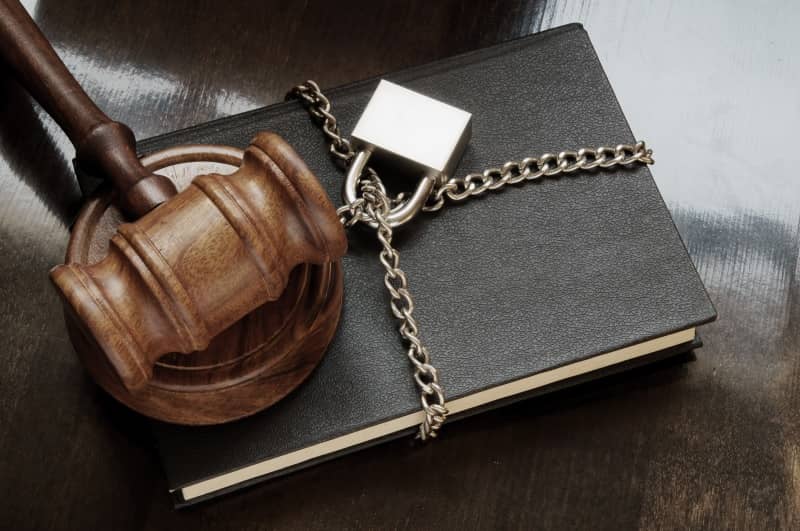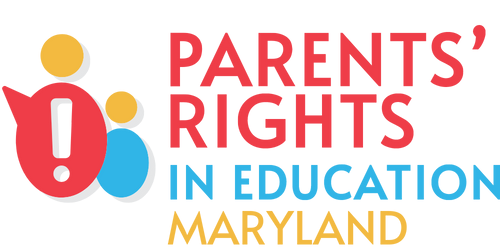News
BOOK "BANNING": Is the removal of books from a school library "banning"? NO!

by Suzanne Gallagher, Parents Rights in Education, Executive Director
“Banning” would mean restricting publication to only government sanctioned books. In the case of a public-school placing restrictions on books based on inappropriate content for minors, no official "ban" occurs, because the controversial books are available via booksellers.
According to the American Library Association (ALA) the wave of attempted book banning, and restrictions continues to intensify. In its promotion of Banned Book Week, (October 1 - 7, 2023), the ALA documented 1,269 demands to censor library books and resources in 2022. That is the highest number of attempted book bans since the ALA started collecting this data 20 years ago.
Banned Book Week, sponsored annually by the ALA, is promoted in libraries around the country via table displays, posters, bookmarks, stickers and through readings, essay contests and other events highlighting contested works.
Deborah Caldwell-Stone, director of the ALA's Office for Intellectual Freedom, says “I’ve never seen anything like this... It used to be a parent had learned about a given book and had an issue with it. Now, we see campaigns where organizations are compiling lists of books, without necessarily reading or even looking at them.”
INAPPROPRIATE LIBRARY BOOKS for Minors are NOT NEW
We have to go back to the mid ‘70s to find out what the Supreme Court said about “book banning” in K-12 local schools.
In a New York Times article titled Book Banning in America, by Colin Campbell, dated Dec. 20, 1981 we learn, in October, 1981 the Supreme Court agreed to review a case stemming from the decision in 1976 by the school board of Island Trees, Long Island, to remove nine books from its libraries and curriculum…According to one of the board's press releases, the books were "anti-American, anti-Christian, anti-Semitic (sic) and just plain filthy.”
In 1980 a Federal Court of Appeals declared it was "permissible and appropriate" for local school boards "to make decisions based upon their personal, social, political, and moral views." The court thereby upheld a 1977 ban by the school board in Warsaw, Ind., against five books, including Sylvia Plath's novel "The Bell Jar."
Significantly, there are no clear Federal laws that specify what rights school boards or local governments have to decide what books will be available in school or public libraries. That is one reason the Supreme Court agreed to review the Island Trees case, as a way of sorting out the conflicting rights of local authorities and readers.
What Does the Law SAY?
Once a book is placed in a library, school boards may remove it under certain circumstances.
The Supreme Court set the standard for banning books in 1982 (Island Trees School District v. Pico). In that case, the school board attempted to ban a number of books because they were "anti-American, anti-Christian, anti-Semitic, and just plain filthy.”
The Justices were unable to come to a majority agreement and instead issued what is known as a “plurality” opinion, in which some combination of justices signed on to three different opinions in order to render an outcome. The standard from Pico is school officials may not remove books from the school library simply because they dislike the ideas in the book. However, school officials may remove a book from a school library if it is inappropriate for the children of the school.
Follow the $$$ and the Agenda
There is no doubt the stunning increase of complaints about removal of “inappropriate” books from K-12 schools is fueled by a concerted effort to produce complementary literature for three curriculums: Comprehensive Sexuality Education, Social Justice and Race Theory, and Gender Identity, taught to students as young as Pre-School/Kindergarten.
Curriculum companies have much to gain if these additional books are available and promoted in the school library for students and school staff to supplement their narrative. SEICUS new by line is Sex Ed for Social Change. Between breaking down our children’s inhibitions, sexualizing them, and indoctrinating them to embrace gender and race theory pedagogies, the K-12 public school cabal IS accomplishing what they strategized for a century.
Parents Are NOT Backing Down!
The campaign to rid our libraries of controversial literature is just one initiative to roll back the progressive plan. Parents, censored by their school boards, are not giving up. We are laying the groundwork for a program to ignite local communities to regain control of school districts.

